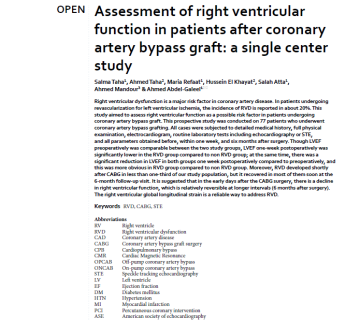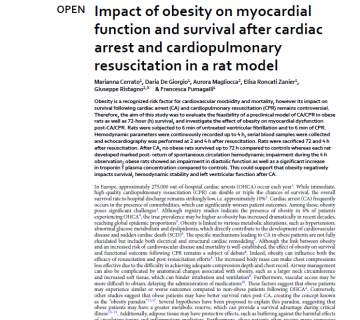To investigate the impact of liraglutide (LIR) on experimental hypercholesterolemia-associated atherosclerosis and endothelial-monocyte adhesion, as well as elucidate the involvement of lectin-like oxidized low-density lipoprotein receptor 1 (LOX-1)/NF-κB signaling pathway in this process. High-fat diet-fed ApoE−/− mice were treated with LIR (300 mg/kg, subcutaneous injection, twice a week) or normal saline for 6 weeks. Normal diet-fed ApoE−/− and C57BL/6 mice were served as control. In parallel, thoracic aorta endothelial cells (TAECs) were exposed to ox-LDL (50 mg/L) in the presence or absence of LIR. The thoracic aorta histology and vasodilatory function, TAECs viability, monocyte adhesion to TAECs, as well as mRNA and protein levels of LOX-1, NF-κB p65, ICAM-1, and VCAM-1 in the thoracic aorta and TAECs were determined. LIR decreased plasma levels of triglyceride and total cholesterol, reduced aorta plaque size, improved endothelial-dependent relaxation, and inhibited the mRNA and protein expression levels of LOX-1, phosphorylated NF-κB p65, ICAM-1, and VCAM-1. Mechanistically, LIR or selective IκB kinase (IKK) inhibitor IKK-16 enhanced cell viability of TAECs, mitigated monocyte adhesion to TAECs, and reduced ICAM-1 and VCAM-1 mRNA and protein expression. Liraglutide improved vasodilation function and alleviated atherosclerosis by inhibiting endothelial-monocyte adhesion via downregulation of the LOX-1/NF-κB pathway.




بدون دیدگاه